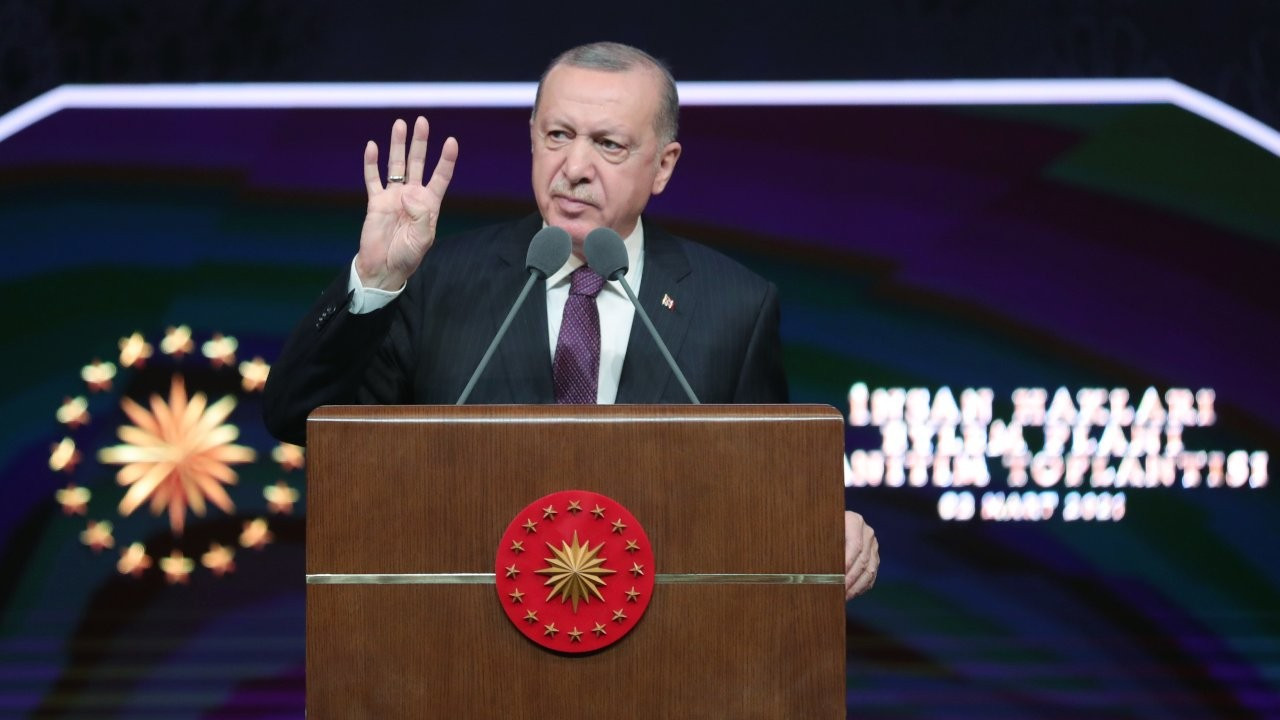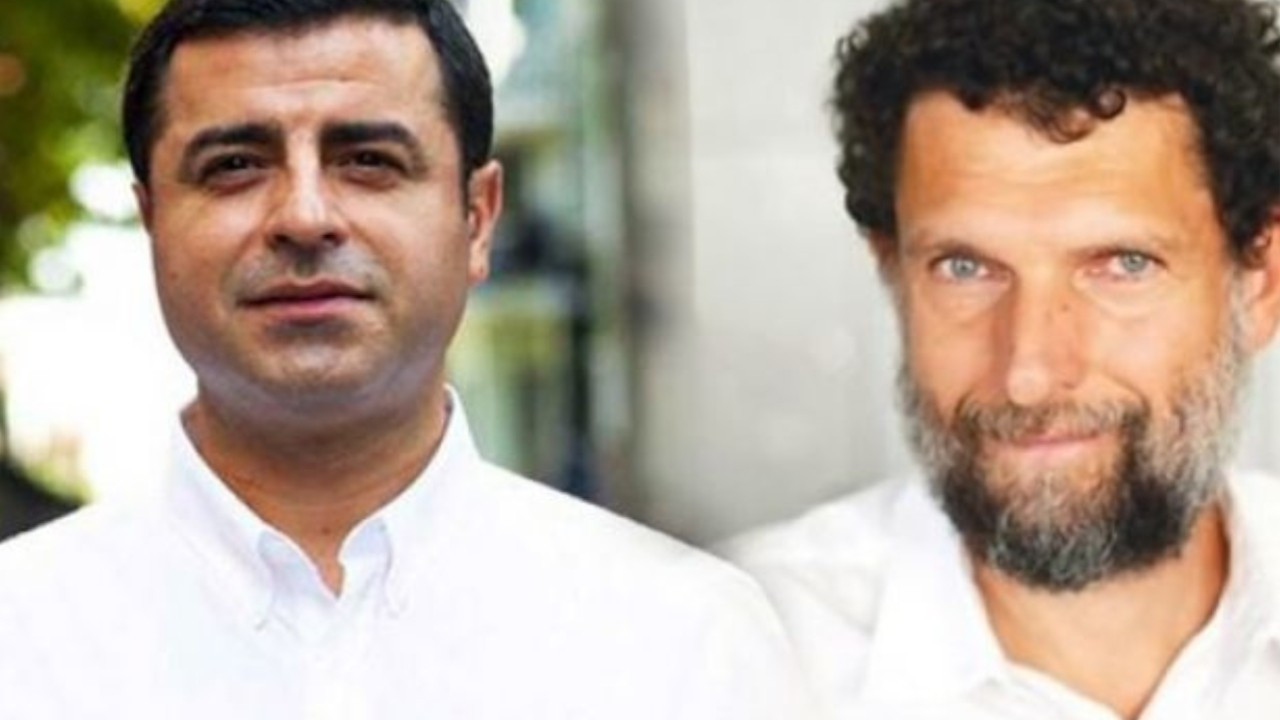Turkish justice minister foresees a two-year implementation period for new 'action plan'
Turkish Justice Minister Abdulhamit Gül has said that the government's new plan designed to strengthen the rule of law and judicial independence in the country will be implemented in a span of two years. Gül's remarks came after the opposition and activists said the plan would not have any meaning unless it put into implementation with concrete results.
Duvar English
Turkish Justice Minister Abdulhamit Gül said on March e that the country's “Human Rights Action Plan” will be implemented over the course of two years.
“All activities [within the framework of the plan] will have been completed in two years,” Gül said.
President Recep Tayyip Erdoğan on March 2 unveiled a plan which he said would strengthen rights to a fair trial and freedom of expression in Turkey. He said that the plan would also improve the judicial system and form the first step towards a new constitution.
Critics however have pointed out that the plan has failed to address measures to tackle the issues of arbitrary detentions, prosecutions and convictions despite Turkey being a country in which thousands of people are jailed on bogus terrorism charges.
Gül attempted to address the concerns on March 3, saying: “Criticisms are very valuable, we will evaluate them with great care and take the constructive and serious ones into account. This document is not a law text, but a goodwill document.”
“As it starts to be implemented, its effects will be felt by our citizens in [Istanbul's] İstiklal Avenue, [Ankara's] Kızılay Square, Diyarbakır's Sur and İzmir's Konak Square,” he said.
Gül's remarks came after the opposition and activists said the plan would not have any meaning unless it put into implementation with concrete results.
On March 2, main opposition Republican People's Party (CHP) MP Sezgin Tanrıkulu asked if the government's plan will lead to the release of high-profile philanthropist Osman Kavala, jailed more than three years without conviction, and Selahattin Demirtaş, former leader of Turkey's third-largest party, the pro-Kurdish Peoples' Democratic Party (HDP).
“You are saying with this document that European Court of Human Rights decisions are binding and that Constitutional Court rulings will be taken into account by judges. Then will Selahattin Demirtaş be released tomorrow? Will you comply with ECHR rulings and will Osman Kavala be released tomorrow?” Tanrıkulu asked.
Emma Sinclair-Webb, Turkey Director for Human Rights Watch, said the plan did not tackle the issues of arbitrary detentions, prosecutions and convictions without evidence in Turkey.
"This is a country where tens of thousands of people are jailed under terrorism laws who should never have been jailed, or should not even be prosecuted," she said. Issues like "gross misuse" of terrorism laws should have been addressed, she added.
Until such prisoners are released and "bogus" charges for dissenting opinion are dropped, "no human rights action plan is going to be more than the paper it is written on," Sinclair-Webb said on March 2. "Just saying the courts are going to be more independent won't make them more independent."
Critics say Erdoğan's government applies political pressure on the judiciary, which has been bent on punishing thousands of the government's perceived opponents since a failed military coup in 2016. Ankara says Turkish courts are independent and it has acted in the face of threats to the country.

 Erdoğan vows to strengthen human rights in new gov't planHuman Rights
Erdoğan vows to strengthen human rights in new gov't planHuman Rights Opposition asks gov't if Demirtaş, Kavala will be released with new 'action plan'Politics
Opposition asks gov't if Demirtaş, Kavala will be released with new 'action plan'Politics